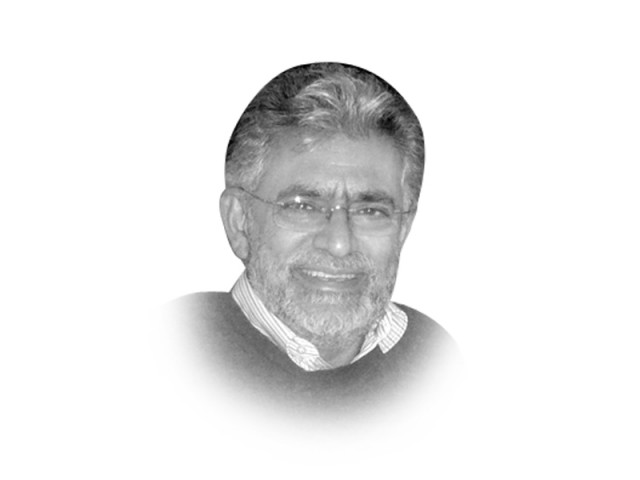Balochistan: Silence of the courts
Why cases on presidential corruption are more important than extrajudicial killings, torture, disappearances beats me?

What is interesting is that for the first time, the international community is now reflecting on the possibility of an independent Balochistan, is being sold to them as a package, which would break-up Iran and Pakistan and give over Gwadar as a facility for the US fleet. Let’s be clear that this is a minority view; it is more of an attempt to embarrass Pakistan, but such developments can generate their own momentum and with time become a reality. Who would have thought that South Sudan or East Timor would become independent states? But those who live by the sword die by the sword and, this could easily be applied to countries.
Pakistan of all countries should be familiar with this theme after resorting to military force to deny the Bangladeshi people their democratic rights. Military solutions to political problems results in disaster and invite foreign intervention and we are repeating these mistakes again in Balochistan. Failure to resolve the human rights situation is creating opportunities for foreign intervention. From the extrajudicial execution of Akbar Bugti to the deaths of activists (1,100 according to Human Rights Watch and 10,000 according to Baloch activists) and their torture and disappearances are — in eyes of those critical of Pakistan, evidence of — crimes against humanity. Pakistani generals were fortunate that they weren’t dragged into an international court and prosecuted for war crimes after the Bangladesh civil war, mainly because such bodies could not function during the Cold War. However, in the unipolar world of today, we have seen Ratko Mladic of the former Republic of Yugoslavia, President of Liberia, Charles Taylor and Nuon Chea, of the Khmer Rouge all end up in court to get their comeuppance.
Our political leaders are in a huddle, trying to figure out how to respond to the crisis in Balochistan; idle resolutions condemning foreign interference are being passed but our judiciary remains inactive and silent on this issue. It is tragic that our activist judges have not seen the abuse of fundamental rights in Balochistan to be given priority, particularly since the Baloch disappearance case was an important reason for the clash between former General Pervez Musharraf and Chief Justice Iftikhar Muhammad Chaudhry. Why cases about presidential corruption are considered more important than cases of extrajudicial killings, torture and disappearances beats me? It only resonates with the Baloch nationalist argument that they are not treated like Pakistani citizens and hence, want independence, even if it means becoming a satellite of the US. The best possible response to the Congressional hearing is for the judiciary to demonstrate that it actively safeguards the fundamental rights of all the citizens of Pakistan.
The judiciary needs to investigate the killing of Akbar Bugti and if necessary charge Musharraf, reopen the case on disappearances and threaten contempt charges against the agencies for ignoring their orders. The Supreme Court cannot sit idle and ignore these issues by risking greater foreign interference in the matter. It needs to demonstrate to the Baloch people and the world that they are, in fact, citizens of Pakistan and their rights are protected.
Published in The Express Tribune, March 8th, 2012.














COMMENTS
Comments are moderated and generally will be posted if they are on-topic and not abusive.
For more information, please see our Comments FAQ